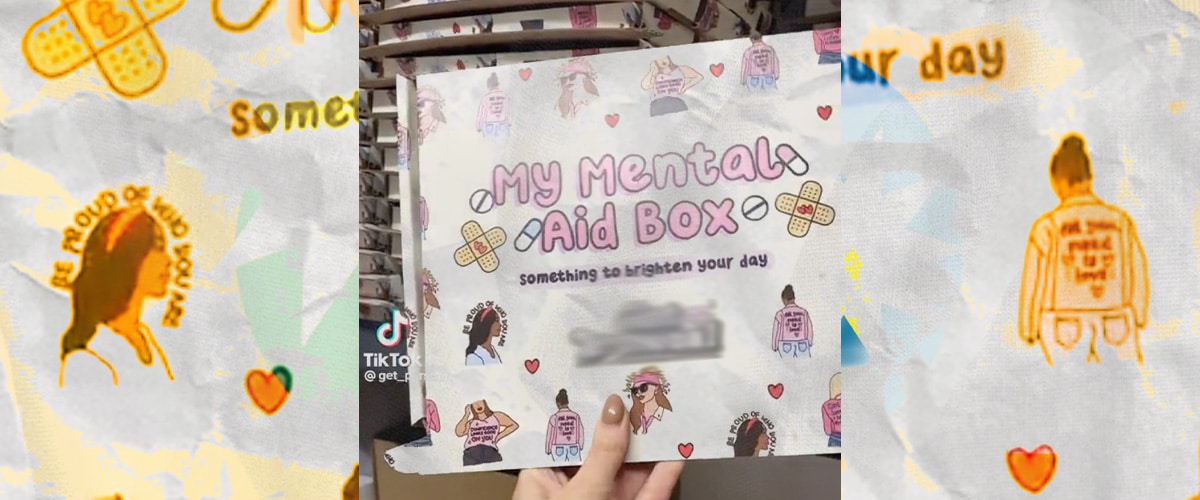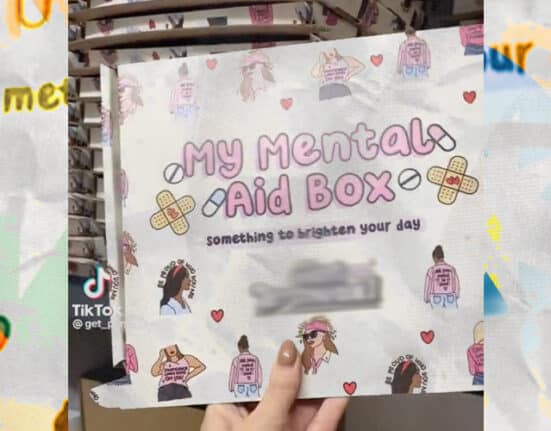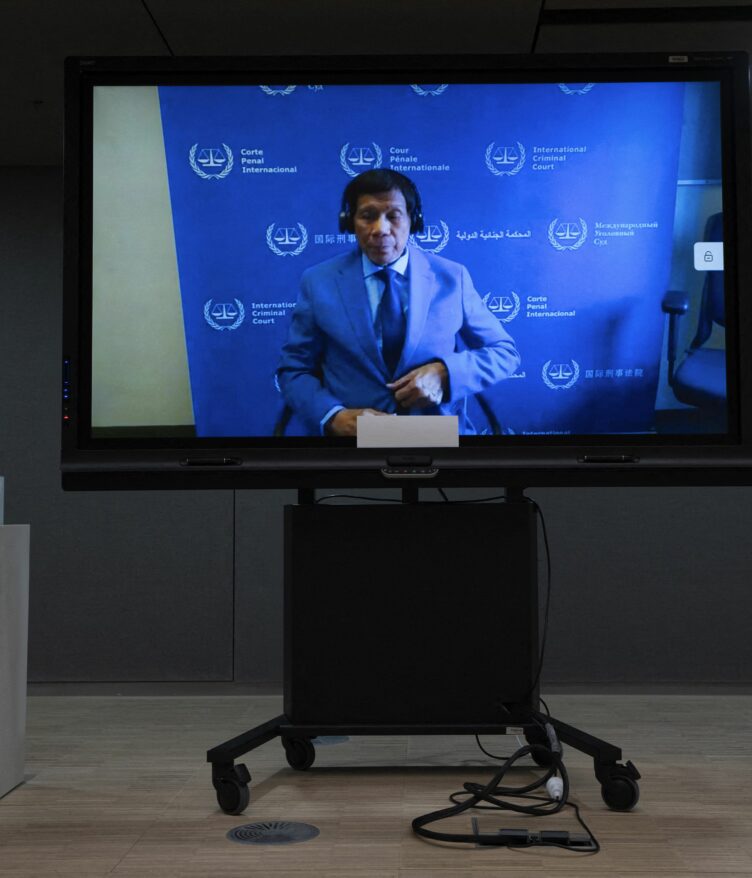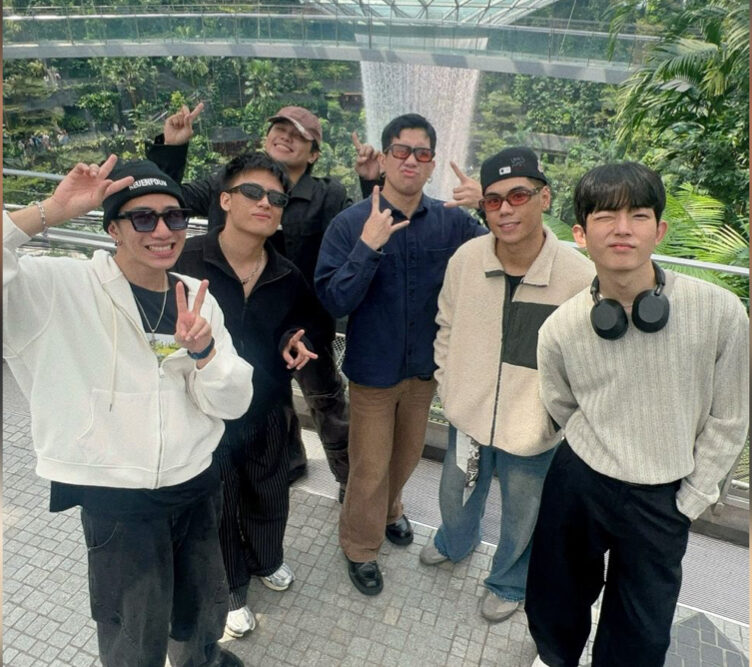A POPULAR shop on TikTok recently came under fire after one X user posted one of their old videos showcasing their product called the “Mental Aid Box.” Though the video itself was originally posted last year, people were quick to share their opinions on the box, opening up a debate on whether these self-care kits actually help when it comes to helping a person’s mental health.
In the kit, the person who posted the video could be seen putting in face masks, herbal tea bags, scrunchies, chocolates, wax melts, posters with quotes about self-love, and of course, a keychain and a print showcasing the brand’s logo.
On the top of the box were the words: “Your mental health is a priority. Your happiness is essential. Your self-care is necessary.”
When the video first blew up, the owner of the business posted an apology video, saying: “All I wanna do is raise awareness on mental health, and that’s by talking about my own struggles, talking about my own trauma, helping people, and providing people with items that make them feel good about themselves. That is my end goal – it is not to profit off of mental health.”
She noted that she always uses herself for products that she uses, thinking of what she would want or use to help her mental health. She also did her research by talking to followers to get to know what they would want in the box as well.
However, the question still stands: are mental health or self-care kits like these actually helpful? Or are they just another way of profiting off of the mentally ill?
A band-aid solution
It is undeniable that some find these self-care kits helpful when dealing with their mental health. Otherwise, the market for them wouldn’t be so big.
Sebastian Mar, for example, photographed a number of women who created mental health first-aid kits which have helped them get through particularly difficult times. The women photographed noted that they felt comfort, peace of mind, safety, and a sense of togetherness with their kits.
Furthermore, they looked at these kits as a manifestation of hope and resourcefulness. It should be noted, though, that they were the ones who made their kits; the things found within them were all things personal to them – things they knew would help them in times of a mental health crisis.
With care kits created by large businesses or corporations, seldom do you feel that personal touch. Like anything marketed toward a big audience, you get the same set of things everyone gets. They are general as if someone just searched “things to help mental health” and put it all into a box.
At the end of the day, people are always going to make these kinds of products, and people are always going to buy them.
The good thing that comes with these mental health care kits is they provide an affordable avenue for people to relax and have, in a way, helped people realize that they need to care for themselves more.
At the same time, though, it still feels dangerous to sell the message that you need to buy these things to take care of yourself – to say that if you buy this or if you buy that, your mental health will be healed.
In focusing on pumping out things like these kits, some lose sight of the fact that seldom is there anything being done concerning mental health in the country. In the Philippines in particular, few can afford the medication and therapy needed to deal with mental illness.
In 2020, it was found that 6 million Filipinos live with either depression and/or anxiety. There are millions of Filipinos suffering each day, and a silk scrunchie isn’t going to fix that. Proper reforms for better healthcare in the Philippines will.
Let’s just hope that with the growing popularity of these kits, we don’t forget that they’re mere bandaid solutions – temporary fixes to much bigger problems.
How useful was this post?
Click on a star to rate it!
Average rating 0 / 5. Vote count: 0
No votes so far! Be the first to rate this post.
We are sorry that this post was not useful for you!
Let us improve this post!
Tell us how we can improve this post?









